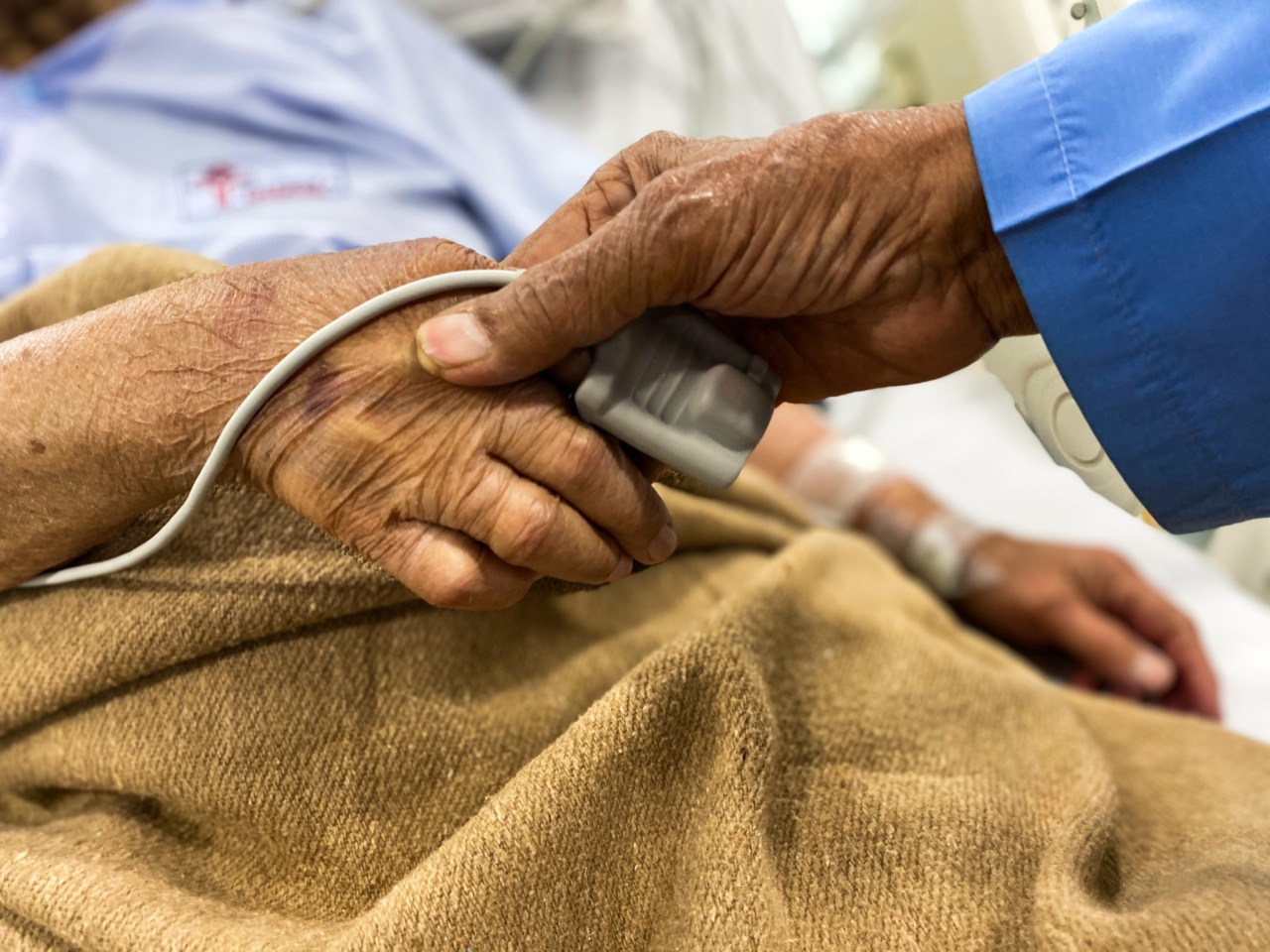As humans, we are constantly searching for ways to turn back the hands of time and maintain our youthful looks.
The quest for the ultimate anti-aging miracle cure has fueled a multi-billion dollar industry, with countless products and treatments claiming to reverse the effects of aging. However, amidst all the noise and hype, is there actually a true miracle cure for aging? In this article, we will explore the science behind aging and delve into potential solutions that can slow down the aging process.
The Science of Aging
Before we can understand how to combat the aging process, it is important to grasp the science behind it. Aging is a complex biological process influenced by a myriad of factors including genetics, lifestyle, and environmental factors.
At the cellular level, aging is characterized by a decline in the body’s ability to repair and regenerate damaged tissues.
One of the primary culprits behind aging is the shortening of telomeres, which are protective caps located at the ends of our chromosomes. Each time a cell divides, telomeres gradually become shorter until they can no longer protect the DNA.
This leads to cellular senescence, a state where cells are no longer able to divide and function properly.
The Role of Oxidative Stress
Another major factor in the aging process is oxidative stress. This occurs when an imbalance between reactive oxygen species (ROS) and antioxidants causes cellular damage.
ROS are highly reactive molecules that can cause oxidative damage to cellular structures, including DNA, proteins, and lipids.
To combat oxidative stress, the body has its own defense mechanisms in the form of antioxidants. These substances neutralize ROS and protect cells against their damaging effects.
However, as we age, our body’s antioxidant defenses become less efficient, leading to increased oxidative damage and accelerated aging.
Exploring the Anti-Aging Miracle Cure
While there may not be a magic pill or fountain of youth, there are several scientifically-backed strategies that can help slow down the aging process and promote healthier aging.
1. Balanced Diet
A nutritious and well-balanced diet plays a crucial role in maintaining optimal health and delaying the onset of age-related diseases.
Consuming a variety of fruits, vegetables, whole grains, lean proteins, and healthy fats provides essential nutrients and antioxidants that combat oxidative stress and inflammation.
2. Regular Exercise
Staying physically active is not only beneficial for cardiovascular health and weight management but also plays a significant role in preventing age-related decline.
Exercise stimulates the production of growth factors, improves blood circulation, and boosts the body’s antioxidant defenses.
3. Adequate Sleep
Quality sleep is critical for overall well-being and may have profound effects on the aging process. During sleep, the body repairs damaged cells and tissues, releases growth hormone, and regulates various metabolic processes.
Aim for 7-9 hours of uninterrupted sleep each night to reap the full benefits.
4. Stress Reduction
Chronic stress accelerates the aging process by increasing oxidative stress, inflammation, and promoting the release of stress hormones such as cortisol.
Finding effective stress management techniques, such as meditation, yoga, or hobbies, can help reduce the impact of stress on the body and promote healthier aging.
5. Sun Protection
Excessive sun exposure is a leading cause of premature aging. UV radiation from the sun damages the skin’s collagen and elastin fibers, leading to wrinkles, sagging, and age spots.
Protect your skin by wearing sunscreen, seeking shade, and wearing protective clothing, even on cloudy days.
6. Skincare Routine
A good skincare routine can make a significant difference in the appearance of aging skin.
Cleansing, exfoliating, moisturizing, and using products containing antioxidants and anti-aging ingredients can help reduce the signs of aging and maintain a youthful complexion.
7. Hormone Replacement Therapy
As we age, hormone levels decline, leading to various physical and psychological changes. Hormone replacement therapy (HRT) involves replacing deficient hormones with synthetic or bio-identical hormones to alleviate symptoms and promote healthier aging.
However, HRT should be approached with caution and under the guidance of a medical professional.
8. Antioxidant Supplements
While it is always preferable to obtain nutrients from whole foods, certain antioxidants may be beneficial when taken as supplements.
Vitamin C, vitamin E, and resveratrol are examples of antioxidants that have been shown to reduce oxidative stress and slow down the aging process in some studies. However, more research is needed to determine the optimal dosage and long-term effects.
9. Maintaining strong social connections
Research has consistently shown that having strong social connections and maintaining an active social life can have a positive impact on overall health and longevity.
Engaging in meaningful relationships, participating in social activities, and cultivating a support network can help ward off feelings of loneliness and isolation, which are detrimental to both physical and mental well-being.
10. Continual Learning and Mental Stimulation
Keeping the mind active and engaged is vital for healthy aging.
Continuing to learn new skills, engage in hobbies, and challenge the brain through puzzles or reading can help maintain cognitive function and reduce the risk of age-related mental decline.
In Conclusion
While there may not be a single “miracle cure” for aging, there are various lifestyle choices and strategies that can help slow down the aging process and promote healthier aging.
By adopting a balanced diet, exercising regularly, managing stress, protecting the skin from sun damage, and prioritizing sleep, individuals can take proactive steps towards maintaining their youthfulness and overall well-being. Remember, aging is a natural process, and embracing it while taking care of your body and mind is the key to graceful aging.































